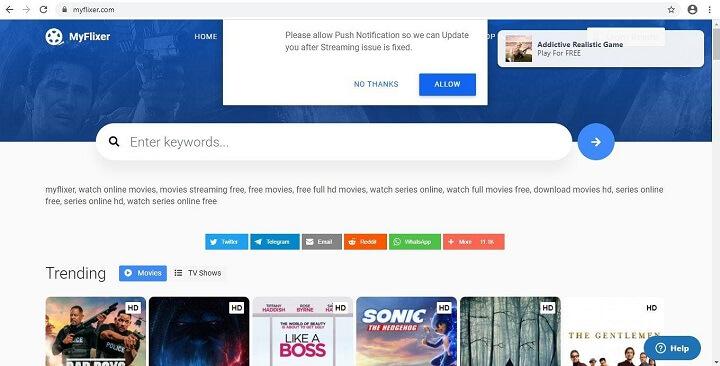Onboarding Systems for Small Business

As a small business owner, you know that hiring new employees is a crucial part of growing your company. However, the process of onboarding can be time-consuming and overwhelming, especially if you don’t have a system in place. That’s where onboarding systems come in. In this article, we’ll explore the benefits of onboarding systems for small businesses and provide tips for selecting the right system for your company.
Section 1: What is an Onboarding System?
An onboarding system is a set of processes and tools that help new employees get up to speed quickly and efficiently. It includes everything from paperwork and training to introductions to team members and company culture. Onboarding systems can be manual or automated, depending on the size and needs of your business.
The goal of an onboarding system is to ensure that new employees feel welcome, informed, and prepared to contribute to the company as soon as possible. By providing a clear roadmap for onboarding, you can reduce stress and confusion for both new hires and existing employees.
Section 2: Benefits of Onboarding Systems for Small Businesses
Implementing an onboarding system can have numerous benefits for small businesses. Here are just a few:
1. Improved Retention: Studies have shown that employees who go through a structured onboarding process are more likely to stay with the company long-term. By investing in onboarding, you can reduce turnover and save money on recruitment and training costs.
2. Increased Productivity: When new employees have a clear understanding of their role and responsibilities, they can start contributing to the company more quickly. This can lead to increased productivity and revenue for your business.
3. Better Company Culture: Onboarding systems can help new hires feel more connected to the company culture and values. This can lead to better teamwork, communication, and morale among all employees.
4. Compliance: Onboarding systems can help ensure that new hires complete all necessary paperwork and training, reducing the risk of legal or regulatory issues down the line.
Section 3: Choosing the Right Onboarding System
When selecting an onboarding system for your small business, there are several factors to consider. Here are some tips to help you make the right choice:
1. Size and Complexity: Consider the size and complexity of your business when choosing an onboarding system. If you have a small team with simple processes, a manual system may be sufficient. However, if you have a larger team with more complex workflows, an automated system may be necessary.
2. Customization: Look for an onboarding system that can be customized to meet the specific needs of your business. This may include custom forms, workflows, and training materials.
3. Integration: Consider whether the onboarding system can integrate with other tools and systems that you use in your business, such as HR software or payroll systems.
4. User-Friendliness: Choose an onboarding system that is easy to use and navigate for both new hires and existing employees. This will reduce the learning curve and ensure that everyone is on the same page.
Section 4: Best Practices for Onboarding
Once you’ve selected an onboarding system for your small business, it’s important to follow best practices to ensure its success. Here are some tips:
1. Start Early: Begin the onboarding process as soon as possible, ideally before the new hire’s first day. This can include sending welcome emails, providing access to training materials, and scheduling introductions with team members.
2. Be Clear and Consistent: Provide clear instructions and expectations throughout the onboarding process. This can include timelines, checklists, and feedback mechanisms.
3. Assign a Mentor: Consider assigning a mentor or buddy to new hires to help them navigate the company culture and workflows.
4. Follow Up: Check in with new hires regularly during the onboarding process to ensure that they have everything they need and are feeling supported.
Conclusion
Implementing an onboarding system can have numerous benefits for small businesses, including improved retention, increased productivity, and better company culture. When selecting an onboarding system, consider factors such as size and complexity, customization, integration, and user-friendliness. Follow best practices such as starting early, being clear and consistent, assigning a mentor, and following up to ensure the success of your onboarding system. By investing in onboarding, you can set your new hires up for success and contribute to the growth and success of your business.






